Necessary digital transformation model
The e-cooperative model was researched by the “Future Road” Book Council as an integrated solution between model innovation and institutional savings – clearly demonstrating the spirit of the four important resolutions of the Politburo (Resolution 57, Resolution 59, Resolution 66, Resolution 68) – the “Quad Pillars” that are laying the foundation for thinking and action for the entire political system. This model is also a concrete demonstration, a concrete practical model realizing the Quadruple Resolutions: Resolution 57 implements the application of digital technology, big data, and e-wallets to reorganize small-scale economic activities in a smart and effective way. Resolution 59 connects the domestic market with international e-commerce, bringing individual households into the global value chain through digital platforms. Resolution 66 reorganizes the legal corridor through the e-cooperative model as a “soft legal ecosystem” – replacing rigid management models. Resolution 68 unblocks and supports millions of individual business households, so that they can become a dynamic private economic force. Combining these four pillars in a single action model not only demonstrates integrated thinking, but is also a way to shorten the distance from the resolution to life.
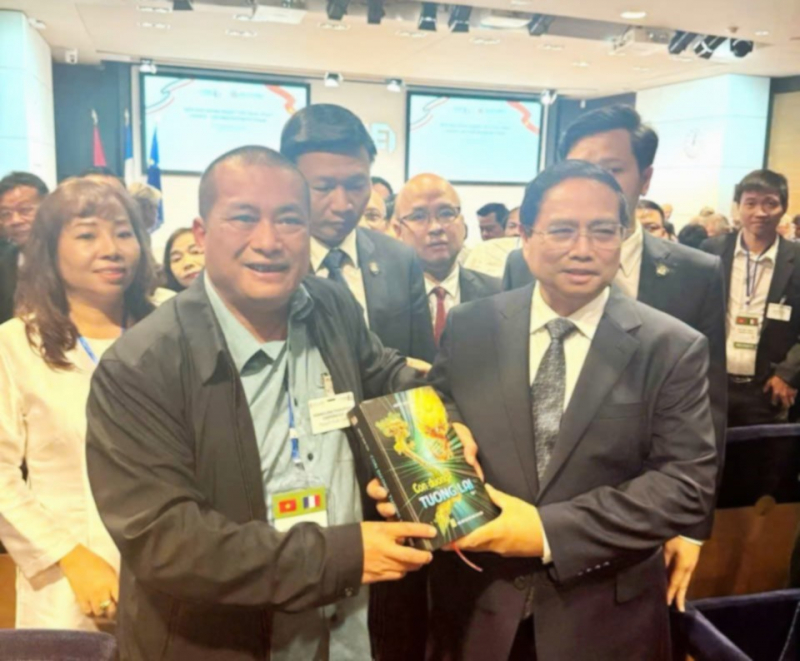
E-cooperatives are also a key content in Volume 2 of the book series “The Road to the Future” to propose an organizational form suitable for Vietnam’s conditions – both digital and promoting the individual business household sector – which is currently a bottleneck in the process of transforming into an enterprise. This is also a new result after the journey of researchers, intellectuals, and businessmen participating in the recent trip of Prime Minister Pham Minh Chinh to Estonia, Sweden, and France.
For researchers, intellectuals, and businessmen, this is not simply a bilateral visit, but also a practical - academic - institutional journey, to directly observe how countries organize digital societies, apply technology to public administration, connect people with the state through data platforms, and support small and micro enterprises through smart policies. This trip is not only an opportunity to access practical lessons from the European model, but also an important preparation step for continuing the journey of theory - policy - innovation in thinking in "The Road to the Future", in the spirit of implementing the four pillar resolutions of the Politburo, while responding to the call to "Practice thrift" of General Secretary To Lam - thrift from thinking to action, from institutions to social organization models.
The way out for millions of individual businesses
According to many statistics, more than 60% of individual business households are no longer registered to operate regularly, partly because the compliance costs are too high compared to the business scale. That is the "resource leakage" in the economy. In particular, since Decree 70/2025/ND-CP officially took effect from June 1, 2025, requiring business households to use electronic invoices and prove the origin of goods when circulating on the market, many small businesses - which operate in the traditional way - do not have the capacity to meet the requirements. For small businesses, declaring invoices, managing documents and facing the risk of surprise inspections is a significant psychological burden.
Many households do not have enough knowledge of accounting and technology, or do not want to get involved in cumbersome legal procedures, so they choose to withdraw from the market. The phenomenon of "mass closure" of business households not only wastes social resources, but also shows the lack of a reasonable intermediary organizational model between individual business households and enterprises. This is the gap that the e-cooperative model - with its soft legal approach, shared digital infrastructure, and transparent common documents - can intervene to retain the small business force in the economy.

Accordingly, e-cooperatives are an intermediate, legal, economical, and powerfully digitally transformed form of organization, and most importantly, they meet the practical needs that the current institution lacks. This is also the way out for millions of individual business households that are facing difficulties because they do not meet the conditions to comply with regulations when converting to an enterprise model. This model is not simply the digitalization of traditional cooperatives, but a model redesigned from the ground up - with digital accounts, a mini-wallet connected to electronic invoices generated from cash registers, transparent management, and peer-to-peer connections. On that basis, millions of individual business households - which are facing institutional barriers to developing into enterprises - can be reorganized in a flexible, dynamic structure, and save on state operating costs.
Not requiring each individual business household to “mature” into an independent enterprise, the e-cooperative model allows them to be attached to a shared legal and financial network, to be managed transparently, and to share accounting – legal – digital transformation costs. This is a soft, smart structure, in line with the spirit of private economic development of Resolution 68 while still saving state management costs. However, for this solution to come into life, there must be policies from the Ministry of Finance, the Ministry of Justice, the State Bank and relevant ministries to officially recognize e-cooperatives as a valid form of legal organization.
Source: https://cand.com.vn/van-hoa/chuyen-hoa-ho-kinh-doanh-ca-the-thanh-doanh-nghiep-can-mot-trung-giam-phap-ly-kieu-moi-i771951/










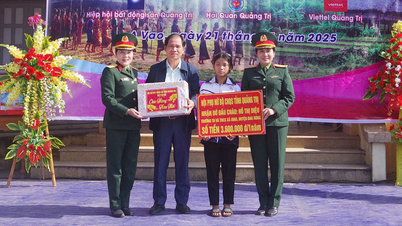



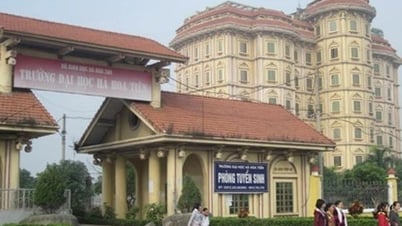
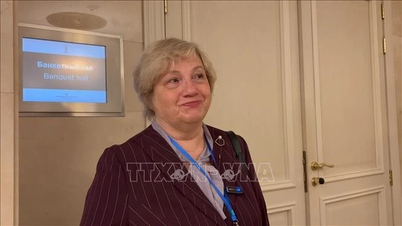







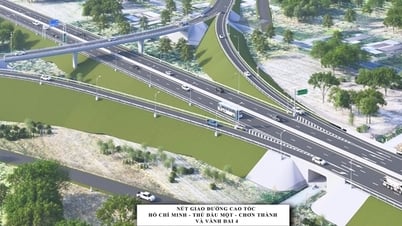
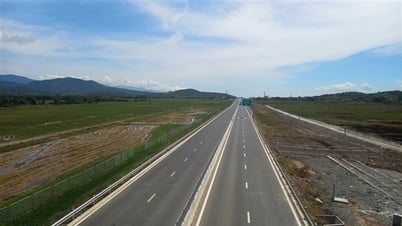
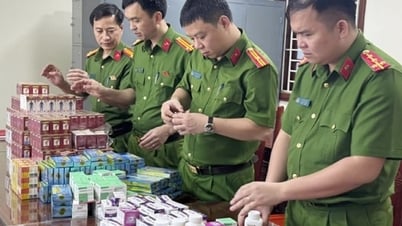

























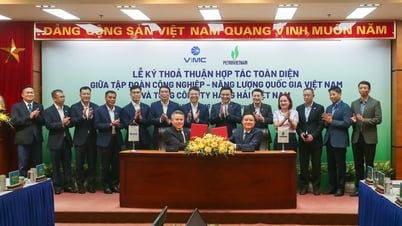
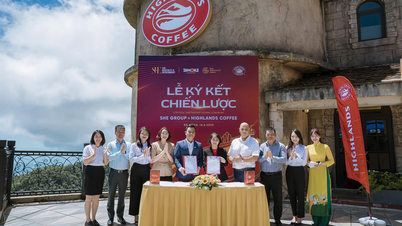


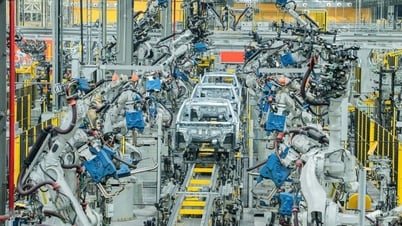















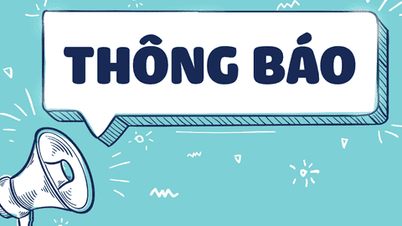



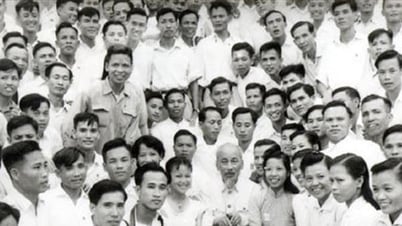
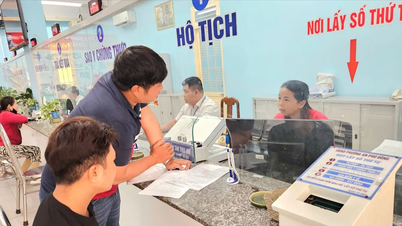




















Comment (0)